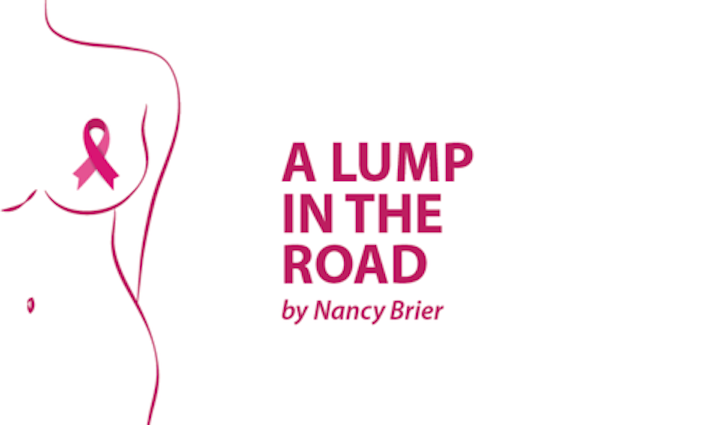Oh, crap. It’s that woman, I thought.
We were at Lauren’s first football game of the season when I saw a familiar face. It was the face of a friend. Someone I like and respect, but I couldn’t remember her name. I couldn’t remember her kid’s name either. That happens to me a lot.
Since chemo, I’ve noticed that I have pockets of forgetfulness, and I sometimes draw a blank on names and faces. Just last week, it happened again.
I was standing in front of the high school’s performing arts building in the sweltering heat after a parents’ meeting. Heat radiated from the concrete steps, bounced off stucco walls, and beat down from a cloudless sky. Beneath my dress, I could feel moisture beading up, but our conversation was so interesting that I disregarded the fact that it was broiling outside. While we talked, I tried to memorize the lady’s face and to pin her name to my brain. Molly’s mom, I thought, when I should have been paying attention to what she was saying. Molly’s mom, whose name is Missy.
When I was in my 20s, a college professor gave me good advice. “Most people tune out during introductions,” he said. “They assume names are impossible to remember, so they don’t even try.” I was about to graduate, and I wanted the people skills of a politician who could greet everyone in an auditorium like long-lost friends. So, I started paying attention during introductions.
The impact of this one small behavioral change was amazing. Then I added other tricks, like repeating people’s names within the first few minutes of meeting them. I also tried to link new faces to something familiar in my memory, like, “New Tom looks like my brother Tom.” Sometimes I made up rhymes or alliterations: “Doris should be a florist” or “Leslie drives a Lincoln.” Those tricks worked, and I got to be good at it.
After cancer treatment, though, my family and I moved, and every single person I see now is someone relatively new in my life. I can’t keep track of any of them.
After experiencing this embarrassing lapse over and over again, my confidence took a hit. I started shying away from situations where I’d run into people I thought I should recognize. I dreaded going to my book club, writing group, and parents’ meetings because I knew I’d see all those nameless faces and feel awkward. But avoiding get-togethers leads to isolation — a habit that piles another heavy loss on top of others.
So, I’m trying something new: I’m coming clean.
“I’m embarrassed to tell you this,” I finally said to Molly’s mom, “but I might not recognize you next time we meet, and I probably won’t remember your name.” I told her it was a side effect of chemo, even though inwardly, I was cringing a little.
I’m glad I did it, but I want my old skillset back. And just like stroke victims who relearn to walk and talk, I’m going to work hard at it. I know from experience that persistence pays off.
“What’s in a name?” Juliet famously asked. “That which we call a rose, by any other name would smell as sweet.” She was right, of course, but then again, she hadn’t moved to a new city after 16 weeks of chemo.
***
Note: Breast Cancer News is strictly a news and information website about the disease. It does not provide medical advice, diagnosis, or treatment. This content is not intended to be a substitute for professional medical advice, diagnosis, or treatment. Always seek the advice of your physician or other qualified health provider with any questions you may have regarding a medical condition. Never disregard professional medical advice or delay in seeking it because of something you have read on this website. The opinions expressed in this column are not those of Breast Cancer News, or its parent company, BioNews Services, and are intended to spark discussion about issues pertaining to breast cancer.


